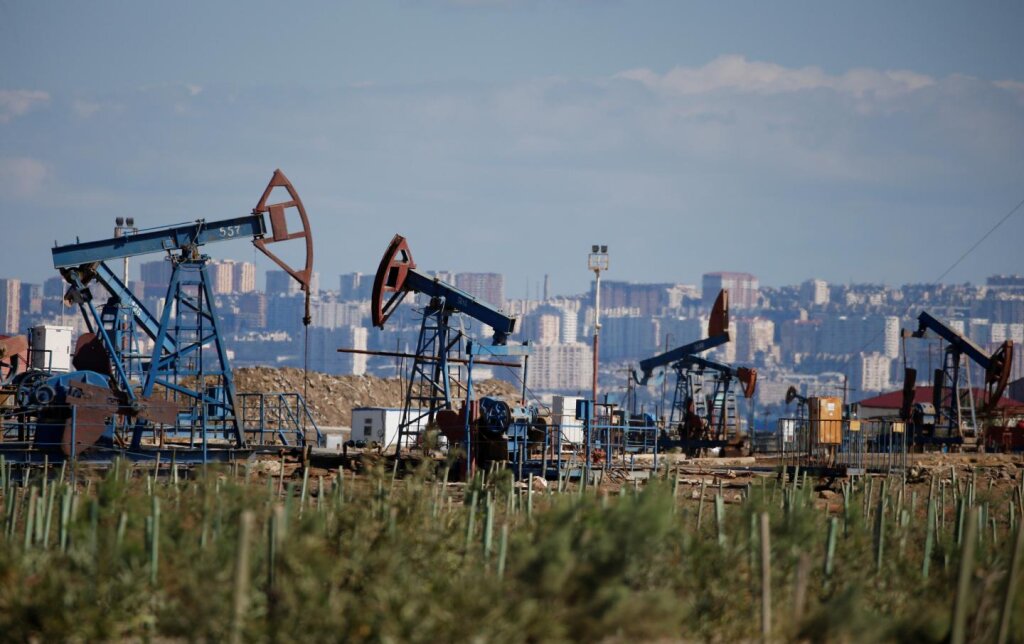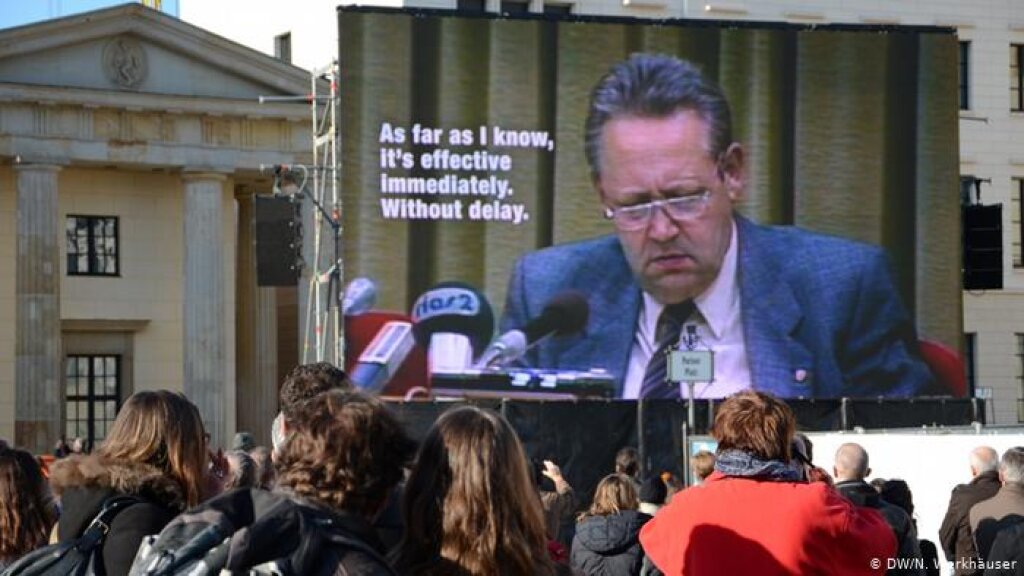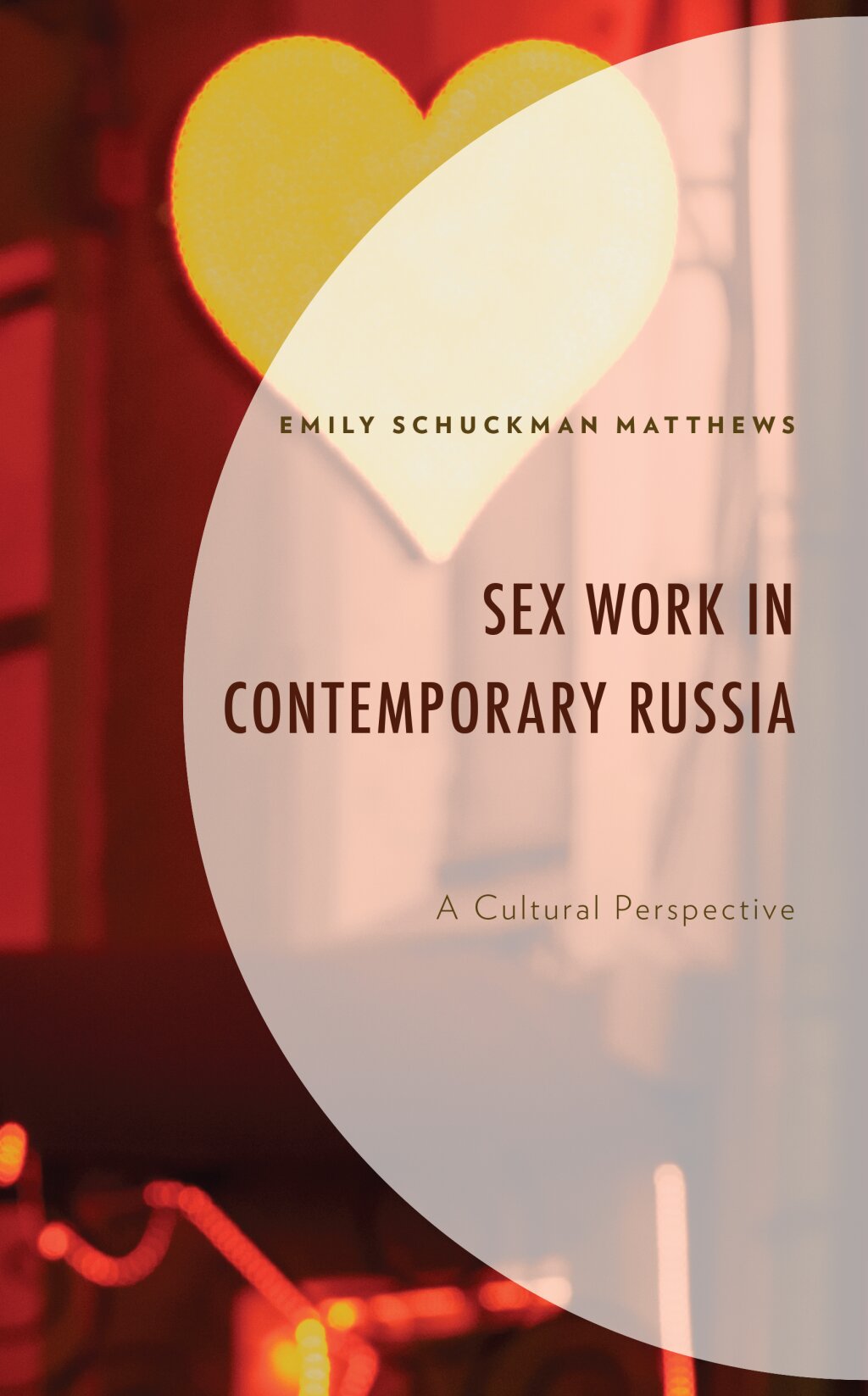Anar Valiyev is an Associate Professor at ADA University in Baku. His research interests include the public policy of post-Soviet republics; democracy and governance; and urban development and planning.
In 2009, Azerbaijan and five other former Soviet republics signed Eastern Partnership initiative with the European Union. This agreement marked the beginning of a new era of cooperation between these countries and the Union. Even as each member state has pursued its own interests within this cooperation, the Kremlin has carefully and jealously watched from the sidelines. Moscow’s policy throughout this period was to prevent countries it considered parts of its own “backyard” to gravitate toward Brussels.
A year earlier, in 2008, Moscow's military operations in Georgia had showed its willingness to use force in the Caucasus. In that particular case, Russia's actions undermined the Nabucco project, which had aimed to create a natural gas pipeline stretching from Turkish-Bulgarian border to Austria. In 2013, Armenia, which had long been considering signing a free-trade deal with the European Union, instead chose to join the Eurasian Customs Union, which bound it closer to Russia. In 2014 Ukraine following Ukrainian leader Viktor Yanukovich's downfall was punished by Moscow for closer relations with the West.
For Azerbaijan, the situation was even more fraught with potential conflicts. Cooperation with the European Union in energy and trade remains one of Azerbaijan’s policy priorities, since Azerbaijan looks to the EU as a market for its natural resources. Around 36% of Azerbaijan’s trade and majority of its exports go to EU countries. The EU also stands to become a major consumer of Azerbaijani natural gas once the Transadriatic Pipeline, which will convey gas to Greece and Italy, becomes fully operational.
Public opinion surveys conducted in 2016, 2017, and 2018 on perceptions among Azerbaijanis found that between 36-47% of respondents trust the EU, while 41% of respondents associate the EU with the values of peace, security, and stability. Meanwhile, for the last twenty-five years, the EU has been an important partner for Azerbaijan, providing around €500 million in technical, humanitarian, emergency, and food assistance. EU investments of €35 billion make it the largest investor in jak kupic akcje Azerbaijan. Moreover, Baku considers the EU an important counterweight to Russian geopolitical ambitions.
At the same time, Azerbaijan remains cautious in its political statements on cooperation and association with the EU. Officially, Baku continues to rely on Russia in many areas, including mediation in the Karabakh conflict, the Caspian Sea agreement, transportation, migration, and others. Many of Baku's foreign policy initiatives take Moscow's interests into consideration. American disengagement from Eurasia as well as the EU's relative weakness leave the region — and Azerbaijan in particular — vulnerable to Russian influence. An assertive Russia could be a headache for countries in the region; therefore, Baku tries to not irritate Moscow by, for instance, cooperating closely with NATO. In general, the idea is to keep the relationship with the EU stable without making it overly close.
How should the EU develop its policy toward Azerbaijan in light of these considerations? More specifically, how can the EU bring Azerbaijan closer into its orbit without causing potentially destructive worry to the country's northern neighbor?
As it works to integrate Eastern Partnership countries into the EU fold, the main weakness of EU strategy thus far has been its selective approach. For instance, four out of the six countries in the Partnership have had their territorial integrity violated (Azerbaijan, Georgia, Moldova, and Ukraine). However, while Georgia, Moldova and Ukraine receive the EU's full support, including recognition that Russia committed acts of aggression, Azerbaijan does not enjoy the same status.
While the EU supports Azerbaijan's territorial integrity in principle, it has stopped short of recognizing Armenia as an occupying force. The result is a set of policies that Azerbaijan perceives as passive, which tends to encourage leaders to seek Russian assistance. Moscow is, of course, interested in keeping both Armenia and Azerbaijan on edge for as long as possible while continuing to arm both sides of the conflict. Using soft as well as economic power, the EU could help Azerbaijan with reconstruction efforts; promise both countries huge investment and economic benefits; and ultimately push for a peaceful resolution. In short, a show of political and economic support for Azerbaijan by the EU would go a long way in terms of winning the public's hearts and minds, as was the case in Georgia, Moldova and Ukraine.
In the opinion of this author, the EU should aim to work closely with regional leaders and support their economic initiatives. For now, the EU has shown little if any interest in the newly-constructed international port of Alyat on the Azerbaijani shores of the Caspian Sea. Nor has it been an active partner in the construction of the Trans-Caspian Gas Pipeline, which extends from Turkmenistan to Azerbaijan and further on to Europe.
In fact, EU involvement in port development would serve its own interests: indeed, it would allow the Union to establish an alternative to Russia's control of maritime transportation routes that facilitate trade with China and India. The EU can help the region as a whole, and Azerbaijan in particular, by prioritizing transportation corridors (similar to what the EU did with TRACECA back in the 1990s); invest in making Azerbaijan a hub; and extend loans for building better infrastructure. Such help would be of tremendous help to Azerbaijan and Georgia as these countries work to build sustainable transportation corridors and catch a share of export-import traffic China and the EU.
But the area in which Azerbaijan needs cooperation the most is in its efforts to reform its public administration, establishing more accountable and transparent governance and developing already existing institutions. Training a new generation of public servants remains a priority for Azerbaijan. The key to success in this area is education — thus, the EU should consider allocating more resources to help Azerbaijan re-train its administrative corps.
The EU's engagement in these projects is already considerable, but it could always do more. The number of Azerbaijani students studying at European institutions is growing, but still not large enough to make a significant difference in their home country. One possibility for improvement would be to channel resources toward gender equality programs and increasing women's role in politics, the economy, and public life as a whole. Another important goal would be to strengthen the Azerbaijani legal system, promoting judicial reforms. These and other initiatives could be harmonized with attaining Sustainable Development Goals (SDG) in the region as articulated by the UN, as well as with Agenda 2030, ultimately helping Azerbaijan to reach 2030 goals with the EU's assistance.
Within Azerbaijan itself, both the population and the political establishment see their future with Europe. This stance dictates prioritizing policies that would move the country closer to both the EU and the international community. For instance, with the EU's help, Azerbaijan could accelerate the process of joining the WTO; continue to promote institutional reforms; and build more strategic partnerships in the region. However, if the EU and Azerbaijan continue to exist in a relationship defined by passivity and inaction, the moment could be lost, leaving Azerbaijan vulnerable to other regional centers of political gravity.



